I just finished the book Tress of the Emerald Sea by Brandon Sanderson, and I really liked it a lot.
The character I liked the most is named Hoid who is the first person narrator of the fantasy novel.
Hoid is a worldhopper who travels the cosmere universe, originally born on the planet Yolen. His fate is to wander the cosmere pursing his unknown goals, often in the guise of a fool or storyteller. He may be guided at times by a mysterious sense about where he should go, but not what he is to accomplish there.
As the narrator of this story, Hoid has an interesting way with words and describes various scenes and actions in a most profound way. Here are a few quotes that especially inspired me when I first read them.
36. The Explorer, page 203.
"That inspires me. We each make our own lore, our own legends, every day. Our memories are our ballads, and if we tweak them a little with every performance...well, that's all in the name of good drama. The past is boring anyway. We always pretend the ideals and culture of the past have aged like wine, but in truth, the ideas of the past tend to age more like biscuits. They simply get stale."
38. The Apprentice, page 211.
"What else would she have never known about herself, if she hadn't left her home island? Worse, how many people like her lived in ignorance, lacking the experience to fully explore their own existence? It is one of the most bitter ironies I've ever had to accept: there are, unquestionably, musical geniuses of incomparable talent who dies as street sweepers because they never had the chance to pick up an instrument."
40. The Chef, page 223.
"This type of response will send any artist into panic. Tears wash away the middle ground--allthe infinite permutations of mediocre are eliminated, and two options remain: one sublime, the other catastrophic. For a moment, both interpretations exited in a kind of quantum state for Tress. And people wonder why artists so often abuse drink."
41. The Philosopher, page 232.
"While a healthy measure of foolhardiness drove our ancestors toward discovery, fear kept them alive. If bravery is the wind that makes us soar like kites, fear is the string that keeps us from going too far. We need it, but the thing is, our heritage taught us to fear some of the wrong things."
42. The Guide, page 233.
"Memory is often our only connection to who we used to be. Memories are fossils, the bones left by dead versions of ourselves. More potently, our minds are a hungry audience, craving only the peaks and valleys of experience. The bland erodes, leaving behind the distinctive bits to be remembered again and again."
44. The Fallen, page 245.
"Yes, intellectuals and scholars are paid to think deep thoughts--but those thoughts are often owned by others. It is a great irony that society tends to look down on those who sell their bodies, but not on those who lease out their minds."
46. The Informant, page 253.
"There are obvious exceptions. Certain individual humans, like certain sausages, break this convention. While neither larger group is collectively terrifying, they contain remarkable individuals that absolutely should frighten you. The more you learn about these individuals, the more worried you should become. But for humans at large, knowledge usually equates to empathy, and empathy leads to understanding."
54. The Valet, page 297.
"We want to imagine that people are consistent, steady, stable. We define who they are, create descriptions to lock them on a page, divide them up by their likes, talents, beliefs. Then we pretend some--perhaps most--are better than we are, because they stick to their definitions, while we never quite fit ours.
Truth is, people are as fluid as time is. We adapt to our situation like water in a strangely shaped jug, though it might take us a little while to ooze into all the little nooks. Because we adapt, we sometimes don't recognize how twisted, uncomfortable, or downright wrong the container is that we've been told to inhabit.
We can keep going that way for a while. We can pretend we fit that jug, awkward nooks and all. But the longer we do, the worse it gets. The more it wears on us. The more exhausted we become. Even if we're doing nothing at all, because simply holding the shape can take all the effort in the world. More, if we want to make it look natural."
58. The Monster, page 320
"Irony is a curious concept. Specifically, I mean the classical definition: that of a choice leading to an opposite outcome from what is intended. Many grammarians bemoan the word's near-constant misuse--second only in dictional assassination to the way some people use the word 'literally.' (Their use of which is ironic.)
I'm not one of those people who care if you use words wrong. I prefer it when words change meaning. The impression of our language is a feature; it best represents the superlative fact of human existence; that our own emotions--even our souls--are themselves imprecise. Our words, like our hearts, are weapons still hot from the forging, beating themselves into new shapes each time we swing them.
Yet irony is an intriguing concept. It exists only where we want to find it, because for true irony, expectation is key. Irony must be noticed to exist. We create it from nothing when we find it. But unlike other things we create, like art, irony is about creating tragedy.
Irony is reversal. Set up, then collapse.
A perfect bit of irony is a beautiful thing.
So watch. Enjoy."
59. The Prisoner, page 327.
"A few tress tried to spruce up the landscape but failed, both by being too intermittent and by not being the right species. Instead they were spindly, gnarled things with tufts of leaves growing only at the very tips of their branches. As if they knew the concept of 'trees' only by description, and were doing their best, all things considered."
60. The sorceress, page 335
"At this moment, Tress's emotions were complicated. Like that rope you always swear you put away neatly, but which comes out of storage looking like someone used it to invent new theoretical types of knots that bend space-time."
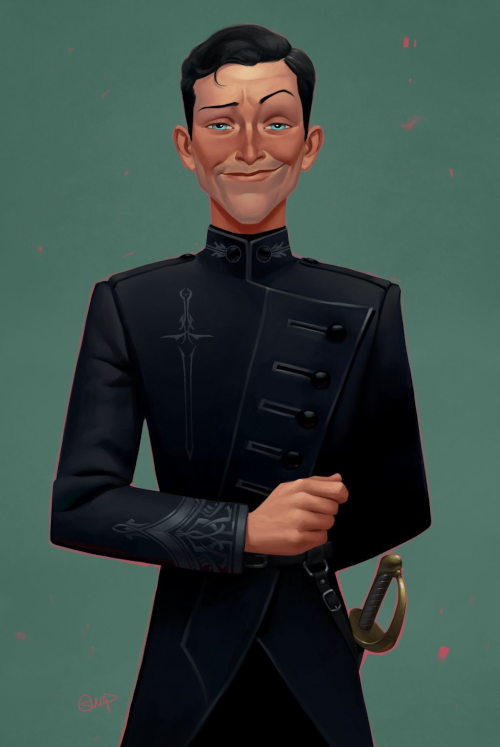
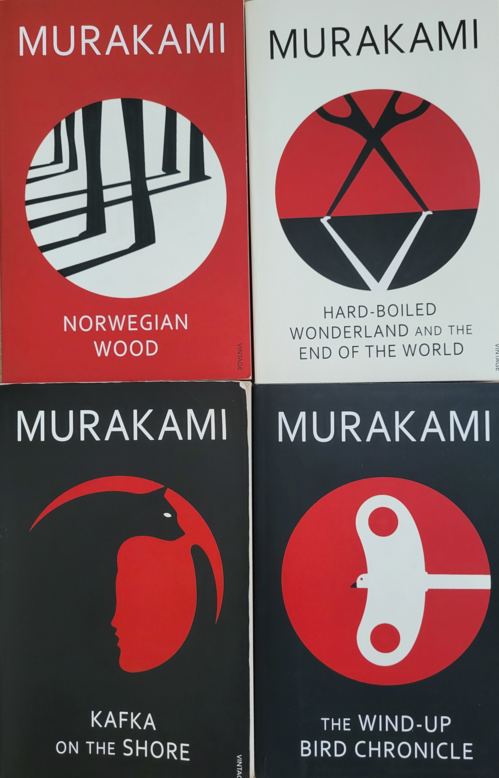
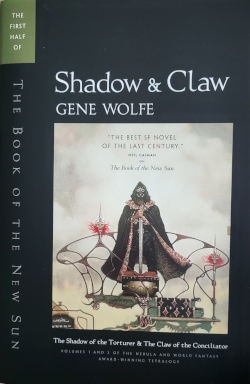
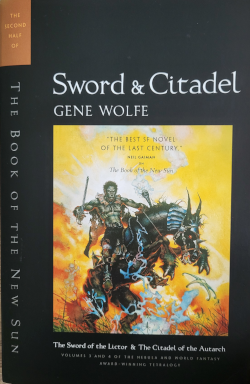
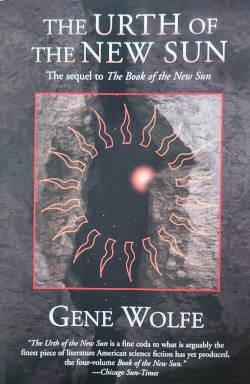
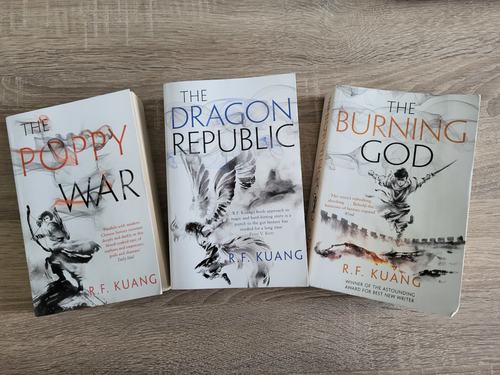

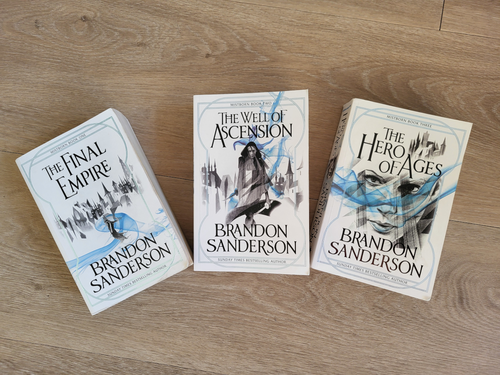
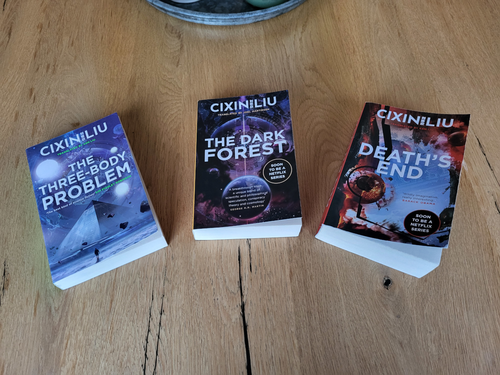
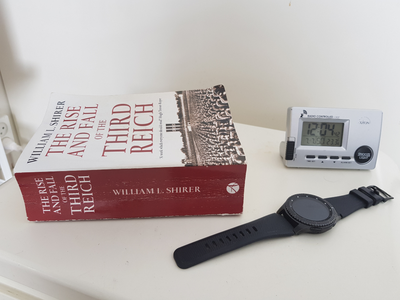
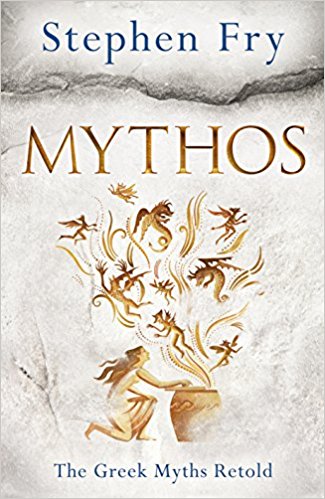

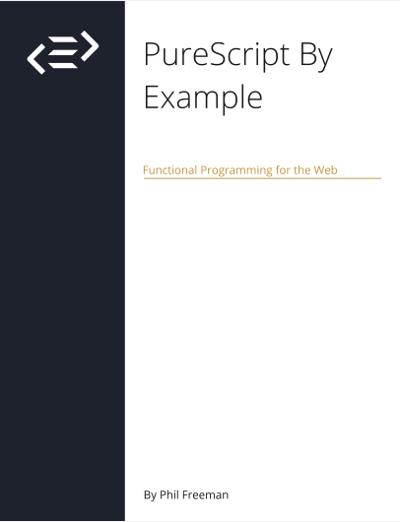
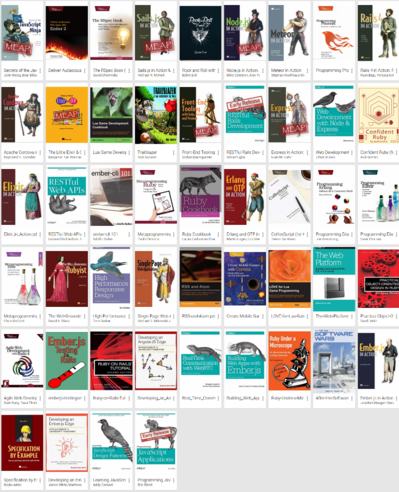

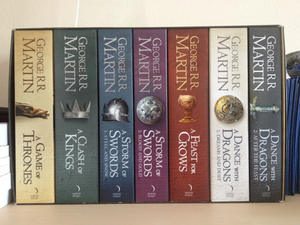












Recent Comments
- Charles
- jpmcfarlane
- Kiffin
- jpmcfarlane
- KathleenC